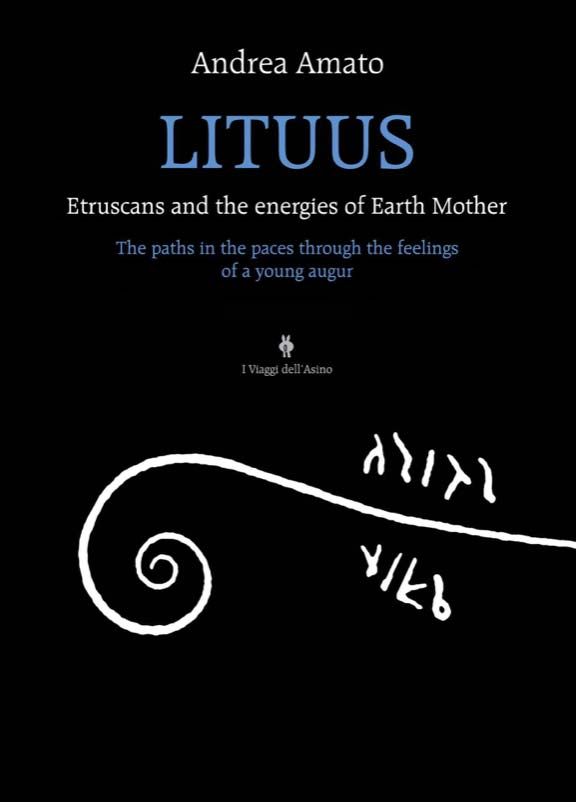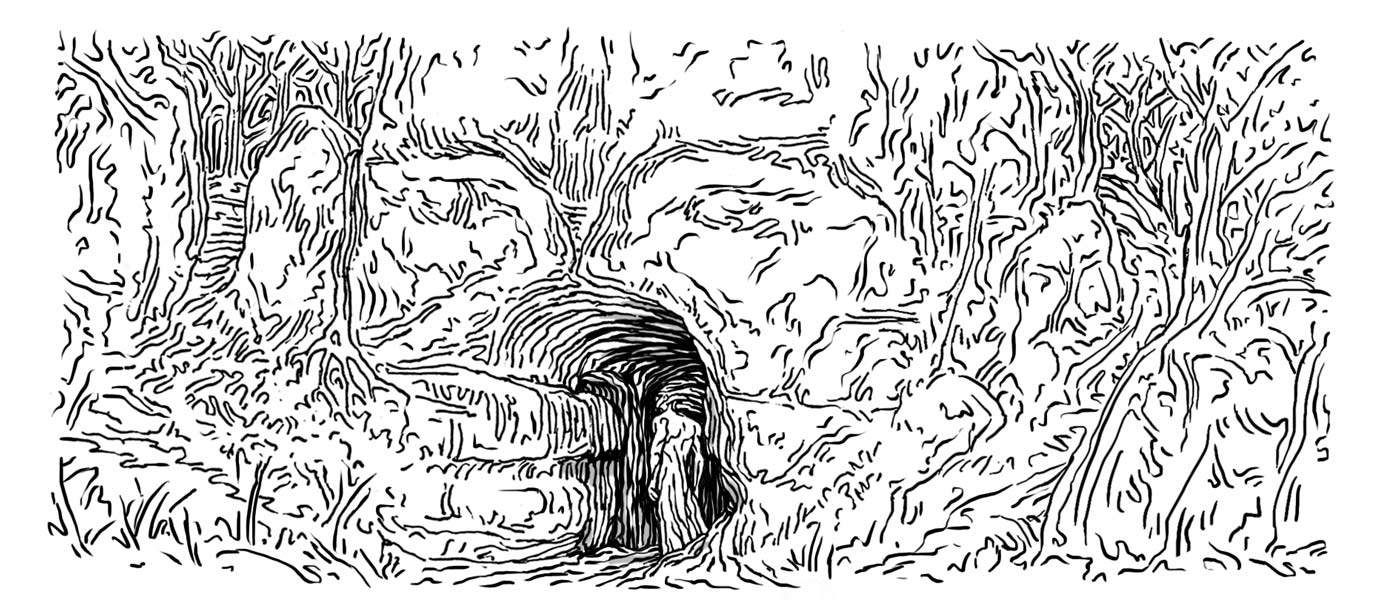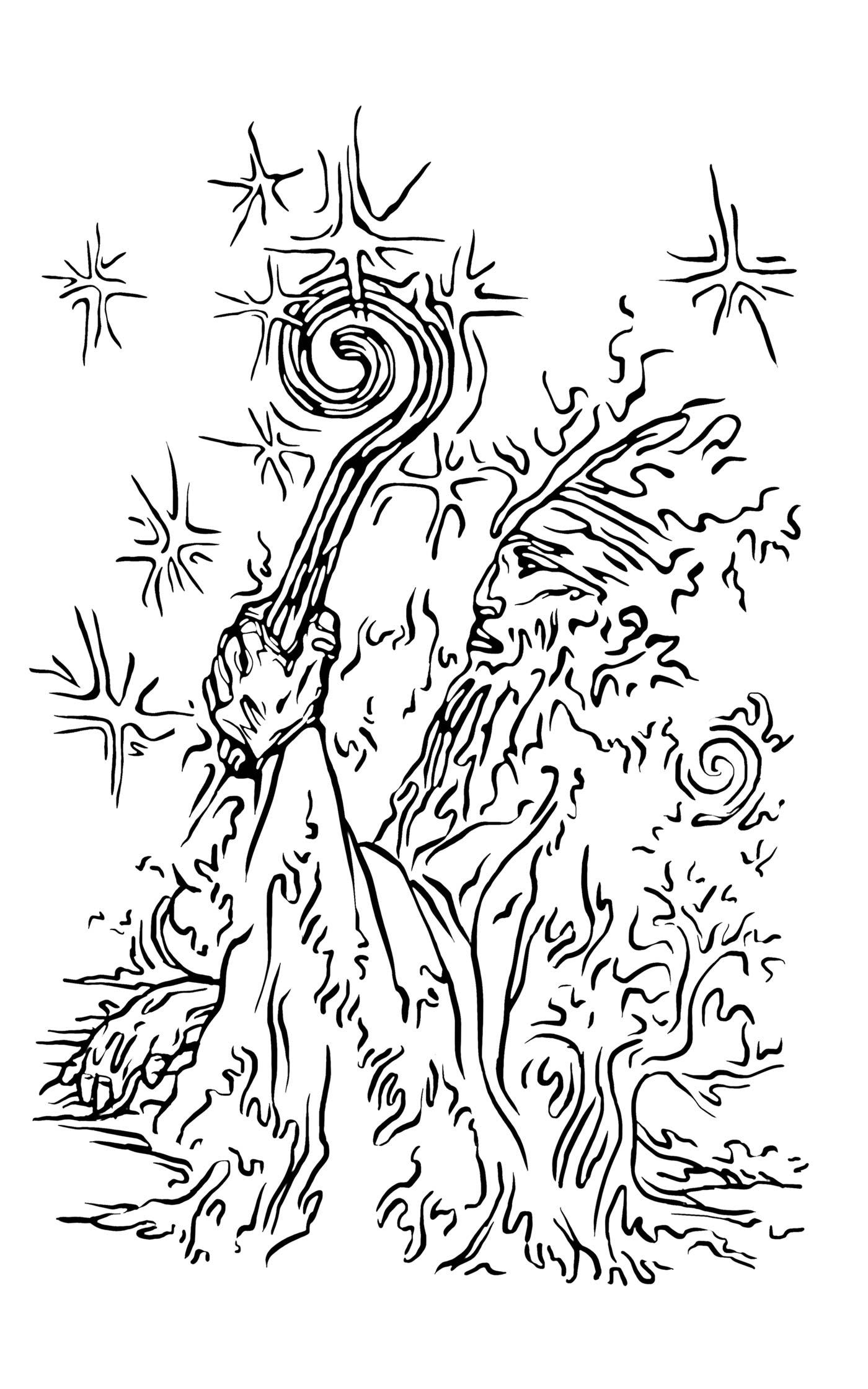Andrea Amato The paths in the paces through the feelings Andrea Amato – Words Guido Di Massimo – Translation edited by The content of this work tracks a figure really lived following the events of his personal evolution from roguish teenager easy prey of his sensuality to augur enlightened and conscious of his role. The historical figure is Caile Vipinas (for the Latins Celio Vibenna) followed during the part of his life when he is still unaware of his own future: when he is only the young scion of an aristocratic Etruscan family of Caere apparently fated to be one of the Roman kings. The tale stops far before: its protagonist Caile seems not interested to enter the history. What really interests him is finding himself and in the meantime amusing himself as much as possible. For this he braved indeed traumatic initiation tests turning into augur, one of the twelve big. He did all this with a bit mad nonchalance of a teenager that feels himself almost immortal and has the aware levity of feeling his nature almost divine. We readers that will follow him in his path will discover, page by page, how the life of an Etruscan young aristocratic proceeds. We’ll learn, after some uncertainty and with the help of a rich glossary that integrates and concludes the book, the meanings of the words he uses. We’ll enter in the centre of vibrant mystical initiatory ceremonies: the sound played by twelve priests, the procession of the water Mystery, the plunging in the gods’ labyrinths looking for the Great Mother and the subsequent resurrection, the horrifying ceremony of the thunderbolts on Ilva isle, the foundation of the new town of Statnes and, in the end the devastating revelations received during Aranthur’s funeral. Men live, fight, love, die. During their lives often make meaningless gestures and some times absolutely reprehensible or extraordinarily valuable. Some of these gestures leave for ever their signs in the lives of many other people. Really there is anything that doesn’t leave a permanent sign in our life. We call history all together these gestures and events. Men write history to keep memory of gestures and events. As if would be necessary they write it on paper too. The history you have in your hands was written many centuries ago. In the tuff. And the author read it in the tuff and sent us the fascination impressed him when he was still a boy. it’s certainly pleasant to read it again on paper. But perhaps it was already written in our memory too.
LITUUS
Etruscans and the energies of Earth Mother
of a young augur
Vito Maria Simius – Images
Bruno Del Greco

Books


